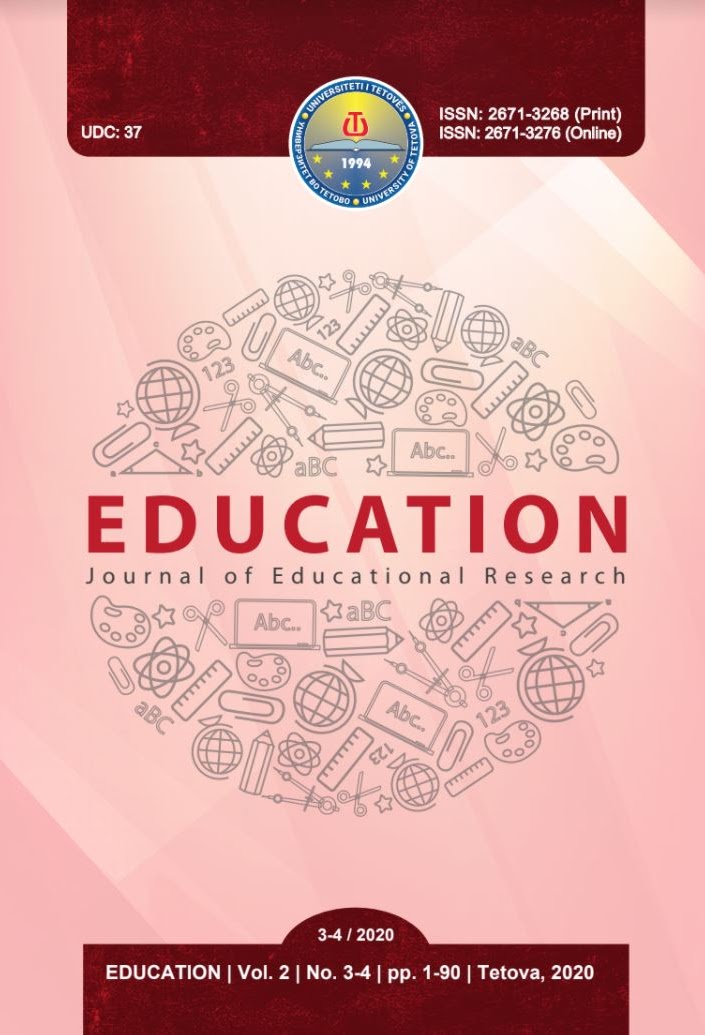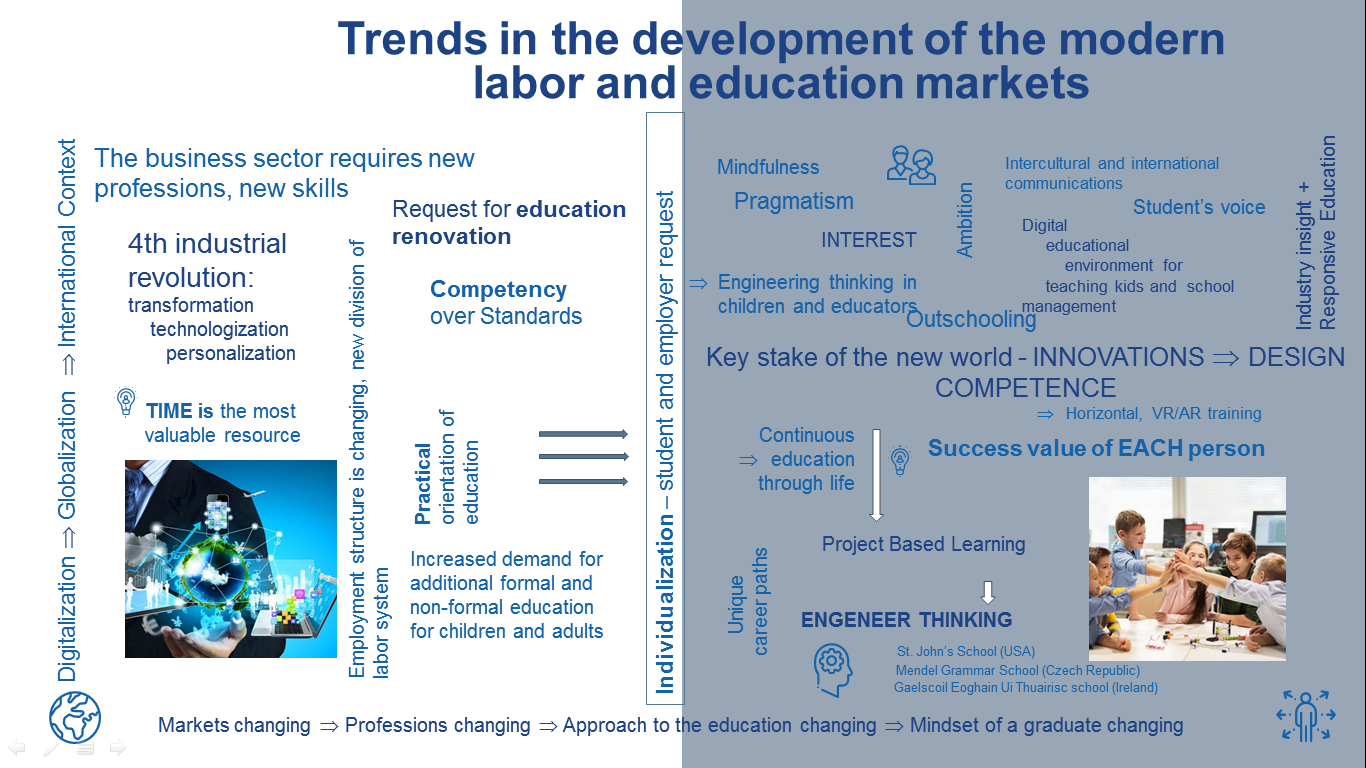Modern education has undergone significant changes in recent years, with the advent of new technologies and the shift towards more personalized and flexible learning approaches. While traditional education systems have relied on a one-size-fits-all model, modern education seeks to cater to the individual needs and abilities of each student.
One major aspect of modern education is the incorporation of technology. From online courses and virtual classrooms to educational software and mobile apps, technology has transformed the way students learn and access information. This has made education more accessible and convenient, particularly for those who may have previously faced barriers to education due to geographical or financial constraints.
Another key feature of modern education is the focus on personalized learning. With the use of data and analytics, educators can tailor their teaching methods and materials to the specific needs and learning styles of each student. This approach helps to engage students and ensure that they are learning at their own pace, rather than being held back or left behind in a traditional classroom setting.
In addition to these technological and personalized learning approaches, modern education also emphasizes the importance of experiential and hands-on learning. This can include field trips, internships, and real-world projects, which allow students to apply their knowledge and skills in practical ways. These experiential learning opportunities can be particularly valuable in helping students to develop critical thinking and problem-solving skills, which are essential for success in today's rapidly-changing world.
Despite the many advantages of modern education, there are also challenges to be addressed. One concern is the potential for a digital divide, with some students having access to more advanced technology and resources than others. There is also the risk that students may become too reliant on technology and lose the ability to think and learn independently.
Overall, modern education has the potential to provide a more effective and engaging learning experience for students. By leveraging technology, personalized learning, and experiential opportunities, modern education can help to prepare students for success in the 21st century. However, it is important to carefully consider the potential drawbacks and ensure that modern education approaches are implemented in a way that promotes equity and promotes the development of well-rounded, independent learners.







